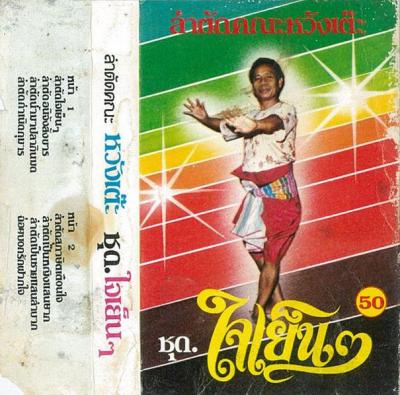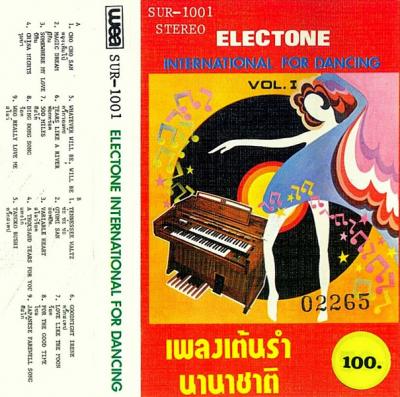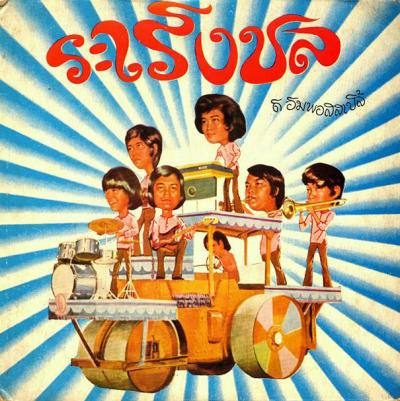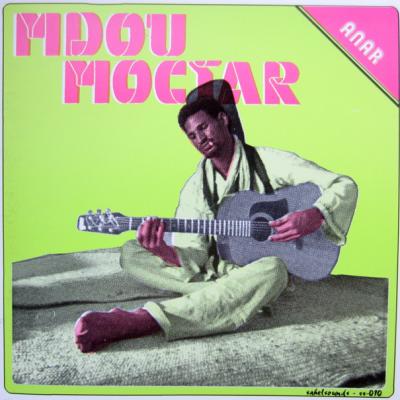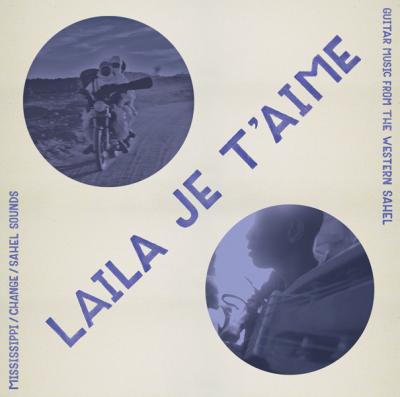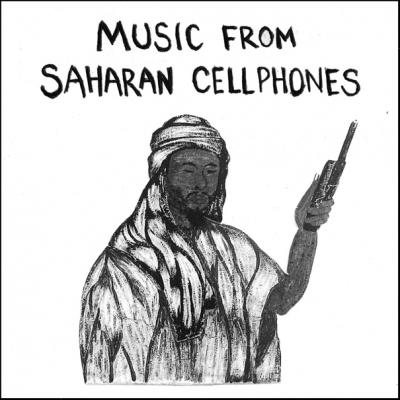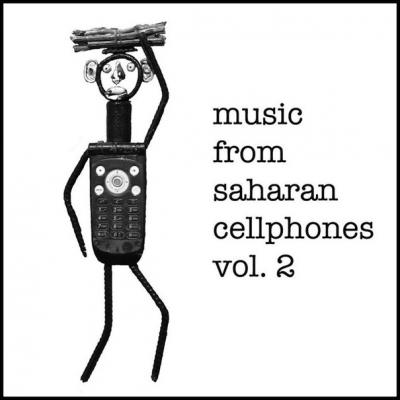The World at 78 RPM
Jonathan Ward runs the blog Excavated Shellac, where he uploads rare 78 rpm records. Plus he compiled the 4-CD Box Opika Pende – Africa At 78 RPM, Grammy nominee for best historical album of 2012. In this Norient podcast Ward talks about his fascination with shellac, how bloggers and ethnomusicologists don’t meet, and a typical phenomena: «Blogger fatigue».
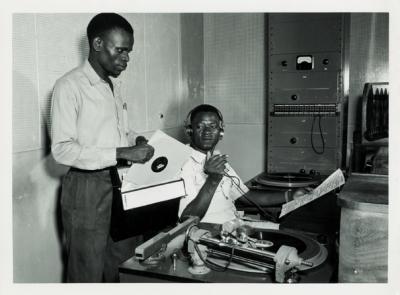
Quotes from the Podcast
«Let’s face it, there is a narcissistic element to blogging, maybe not narcissistic but egotistic. You are posting things online where you are saying ‘hey I have this, it’s really rare and you don’t’ (…) I have the collector bug too. But I also try to counter that by actually doing some real research on this material and not just saying ‘hey it is a rare record, here you go.’»
Jonathan Ward, 2013
«Early 78 RPM recording is a very narrow scope. In the grand scheme of music, in the grand scheme of recorded sound it is giant scope. I think most people need someone to tell them that this music is interesting, because otherwise it just seems old.»
Jonathan Ward, 2013
«You never really own a record, you just rent it.»
Jonathan Ward, 2013
«There is something called blogger fatigue, which usually happens after a couple of years, where the blog disappears, or the person does not post as much or just kind of says ‘I am done. I uploaded all this music, I got to stop.’»
Jonathan Ward, 2013
Playlist Podcast
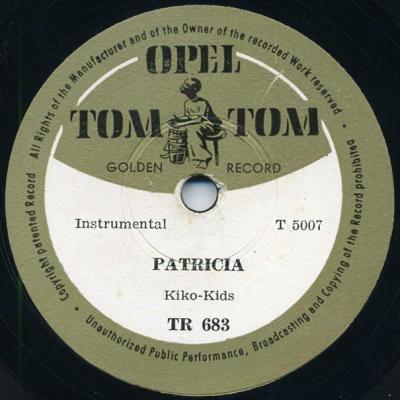
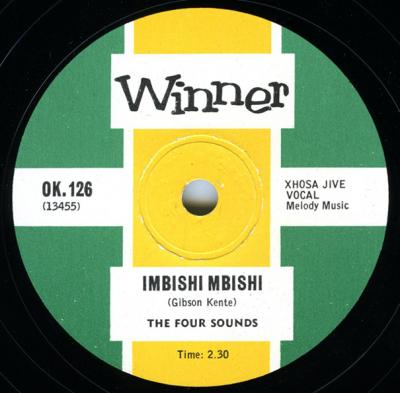
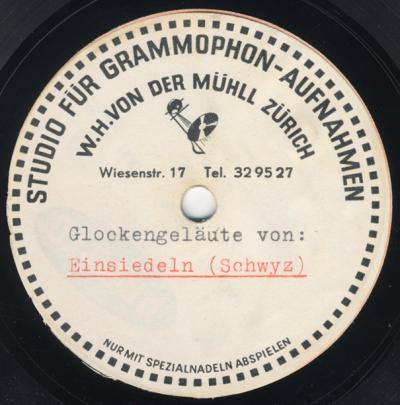
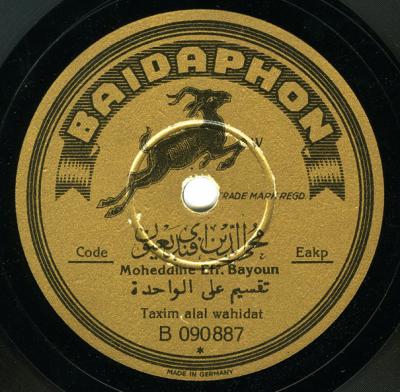
Grupo da Guarda Velha – A Tua Vida É Um Segredo (Brazil)
Kosta Šarćanski-Koča – Bačvansko Kolo (Serbia)
Flying Jazz Queens – Siyahamba (South Africa)
The Bells of Kloster Einsiedeln (Switzerland)
Mahieddine Bachtarzi – Mestakhbar Mezmoum (Algeria)
Four Sounds – Imbishi Mbishi (South Africa)
Muhyiddin Bayun – Taxim Alal Wahidat (Lebanon)
Algrouane – Pt. 2 (Burkina Faso, Mali)
Chanson de Dyahadi – Pt. 2 (Niger)
Wilson Makawa and his Guitar – Bambo Siyaya (Malawi)
Kiko Kids – Tom Tom (East Africa)
Chanteurs a la Croix de Cuivre – Batata dia Bwanga (Congo)
Sekinomu – Kayanda (Uganda)
O.S. Africa Jazz Onema Pascal – Furaha Ya Kanu (Kenya)
4-CD-Box Opika Pende
From the Introduction to Opika Pende:
It is truly astonishing to consider the tremendous variety of music that was pressed to shellac discs on the continent of Africa. Popular songs, topical songs, work songs, comic songs, songs of worship, ritual, dance, and praise—the sheer range of musical styles resists any easy categorization. Further, African geography itself resists boundaries. The boundaries of cultures and languages are often far more complex than political boundaries. Complicating things further, entire countries seem to have been skipped over by both commercial 78 rpm record companies and ethnographers during the 78 rpm era. No doubt it was the same with many cultures. But that doesn’t mean that 78s weren’t everywhere, even in remote parts of the continent. By the mid-1960s, 78s were still a popular if not preferred medium in much of Africa, as a significant amount of the population still used wind-up gramophone players.
I have created this compilation with one simple goal in mind: to showcase a diverse amount of long-forgotten music from Africa that transports me as a listener. It is one person’s offering of music that is wholly unavailable except in its original elusive and fragile format. While it is not definitive, nor am I attempting to construct or invent a narrative, there are important connections to be made. Around one musical corner is another corner, and another. Within these 100 tracks, traditional music stands side by side with popular music as traditional culture coexists with so-called modernity. As a non-African, I offer this set as an example of the riches that lay in waiting when considering the tens of thousands of phenomenal African 78 rpm discs that were issued, played, dispersed, and in large part, forgotten.
«Opika Pende», is a saying in the Lingala language that means «be strong» or «stand firm». It can also mean «resist». — Jonathan Ward, 2011
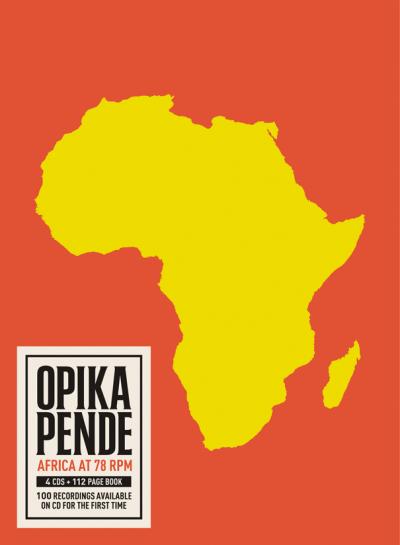
Biography
Published on February 19, 2013
Last updated on August 11, 2020
Topics
About the ups and downs of cross-cultural creativity: Korean reggae, vaporwave, and the worldwide Hindu Holi festival.
About Indian musicians in German pedestrian zones and the relationshis of music and place in academic research.
From the music format «78 rpm», the melancholic echoes of a dubbed out rave night in London, and parodic mockings of «perfect house wifes» by female Nigerian pop musicians.
How does the artits’ relationship to the gear affect music? How to make the climate change audible?


